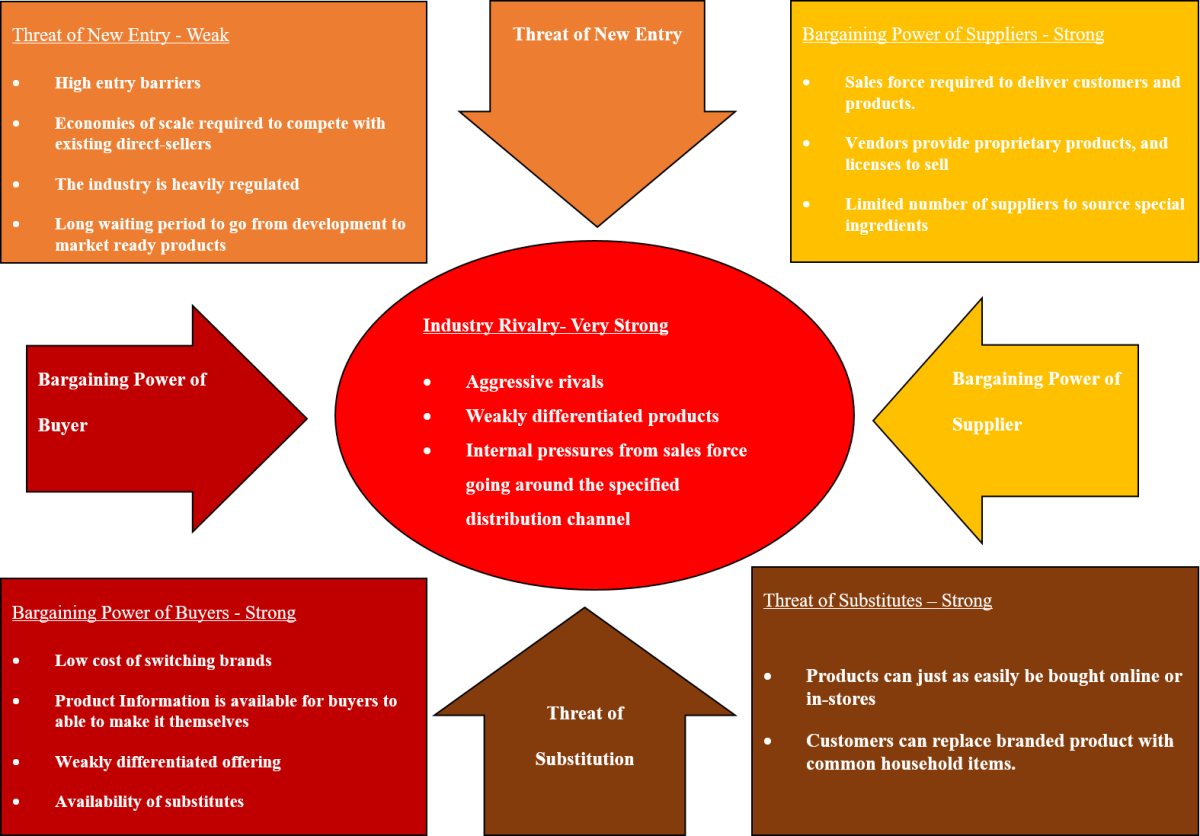First mover advantage: Is it an absolute guarantee of success?
The term first mover refers to the first firm that enters a particular market. It does not mean the first company to invent or develop a product. The first ever firm that introduces a product to a new market may get long-lasting benefits from that market. The first firm will have a competitive advantage over the subsequent entrants or those firms who follow the first mover. This advantage is referred to as the first mover advantage. As the market pioneers, the first mover may dominate the market and earn above average profits over time.

However, Companies need to decide whether to be the first and get the first mover advantages or to wait a little and follow the leader because the first mover may not always get advantages. There are companies who entered the market subsequently and achieved better results.
In order to be the first mover and get the advantages thereon, a company must have the opportunity to be the first. It may be through a new product or service, new market or skill. The company may be seeking to develop new geographical markets or market segments for existing products, or to introduce new products to its existing markets. When the company is the first into a market, it can capture the market share easily. At the time when rivals come to the market the first-mover will have advantages such as well familiar and popular products, brand loyalty, well organized retail outlets and distribution networks and many more. The first-mover can then consolidate its position and compete more effectively with the new entrants and defend its market share that has been acquired so far and even continue to expand.
The first-mover concept has its own drawbacks. An organisation must incur large sums of money to be a pioneer. Products must be invented which means the use of technology for research and development. Distribution networks have to be established, considerable amount of market research should be carried out to gain knowledge about new markets. Staff must be trained in production, marketing and after sales services. For the subsequent entrants to the market, all these can be acquired at a much lower cost. Experienced staff can be hired from the first mover to share the knowledge that the first mover has gained, research and development will have to be carried out only to improve the products invented by the first mover.
It is the first-mover who takes all the risks. A wrong decision to introduce a particular product or to enter a particular market may bring large losses. Those who enter the market late learn from the mistakes made by the first mover and reduce risk. Having secured the first-mover advantage, the first mover company may not allocate adequate resources to maintain the position and the result will be the failure of the first mover. First mover advantage is not an absolute guarantee of success. Even the firms arriving late and sometimes inferior quality products may take over the market from the first-mover.
A first mover firm can obtain long-lasting benefits from technology leadership, control of resources and buyer switching costs. The early entrant to the industry can lead other companies in their understanding and use of technology in such a manner that it is difficult for the later entrants to copy. First mover has the ability to control a resource that is necessary for the business in a better manner than later entrants. It is costly and inconvenient for a customer to switch to a new brand when he is used to another brand and therefore the first mover has the advantage from the buyer switching costs. However, it is believed that in many industries, firms entering the industry later can rise above these advantages. There are even first-mover disadvantages. In other words there are advantages enjoyed by firms entering later. The first mover may invest heavily in attracting customers to try the new product. But late entrants will not require to spend so much because they benefit from the customers who already have sufficient knowledge about the product.
Due to the uncertainties associated with the first-mover advantage companies need to carefully consider their strategy. Business managers need to decide which approach has the highest potential for long-term profits.








